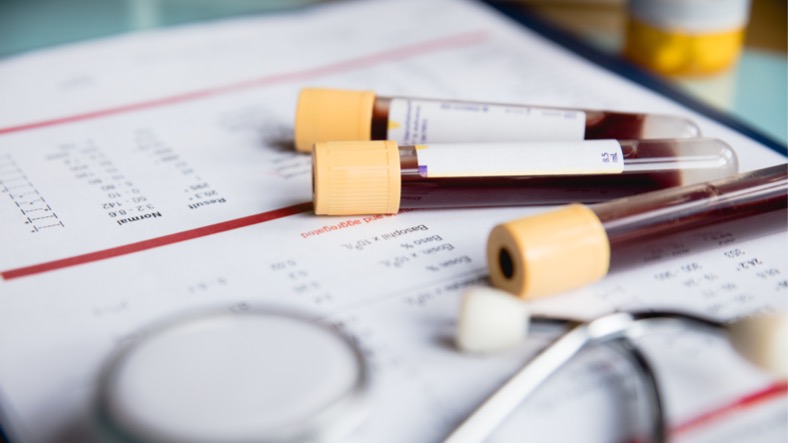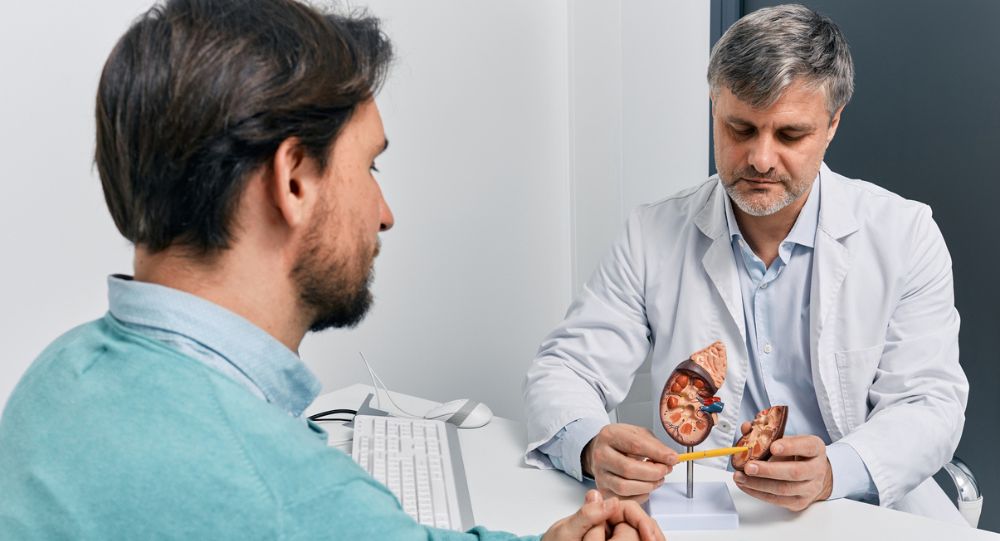If you have chronic kidney disease (CKD) or are at risk, it’s important to be proactive and ask your doctor the right questions. Having a clear understanding of your health and risk level may help reduce the likelihood of CKD progressing. In addition, asking the right questions can help you develop a plan to prevent and manage the disease. The next time you visit your doctor, consider bringing a list of questions to ensure you get the most out of your appointment.
7 Questions to Ask Your Doctor
The Kidney and Hypertension Center (KHC) is a great resource to help you understand and manage chronic kidney disease. Whether you’re just beginning to learn about CKD or looking for ways to better manage your health, here are seven questions you should ask your doctor:
1. What is CKD?
Knowing the basics of chronic kidney disease can help you take better control of your health. Be sure to ask your doctor for a comprehensive overview of the condition, especially if you’re newly diagnosed.
2. What are the Symptoms of CKD?
While symptoms of the disease may vary, there are some main signs to look out for. Ask your doctor what to pay attention to and when you should seek medical help. Changes in urine, fatigue, and swelling are a few common signs of chronic kidney disease. However, CKD is often called “a silent disease,” as many people don’t even know they have it until it’s too late. Therefore, regular check-ups are essential.
3. What Lifestyle Changes Can I Make to Reduce My Risk?
If you are at risk for chronic kidney disease, ask your doctor what proactive steps you can take to help manage the condition. Diet, exercise, and lifestyle habits can all play a role in chronic kidney disease management. Our providers at KHC can help you create a plan to reduce your risk for the condition.
4. How is CKD Diagnosed?
If you believe you may have chronic kidney disease, getting tested and diagnosed is crucial. Ask your doctor what tests will be run and how long it takes to receive results. Diagnosing CKD often includes physical exams, blood tests, and urine analysis. Our team at KHC are experts at diagnosing CKD and can help you receive the care you need quickly.
5. What Treatment Options are Available?
If you have been diagnosed with chronic kidney disease, it’s important to ask your doctor what treatment options are available. Treatment plans vary from person to person but typically involve lifestyle changes, medication, and possibly dialysis. KHC offers a wide range of treatments and is happy to help you find the one that’s right for you.
6. How Often Should I Have Follow-up Appointments?
Chronic kidney disease may be asymptomatic. Unfortunately, many of those with the condition don’t know they have it until it’s too late. If you are at risk, ask your doctor how often you should come back for follow-up appointments so that the condition is closely monitored and managed.
7. How Do I Monitor My Health at Home?
Seeing your doctor isn’t the only way to manage kidney disease. At KHC, we teach our patients how to monitor their health at home and make healthy lifestyle changes. Ask your doctor what you can do to maintain good health and monitor your condition at home.
Reduce Your Risk of CKD at The Kidney and Hypertension Center
If you are at risk for chronic kidney disease, don’t let it go unchecked. Visit KHC to learn more about reducing your risk and finding a treatment plan that’s right for you. Our experienced providers will work with you to ensure your chronic kidney disease is monitored and managed as effectively as possible. Request an appointment today to learn more about CKD and the steps you can take to keep your health in check.




